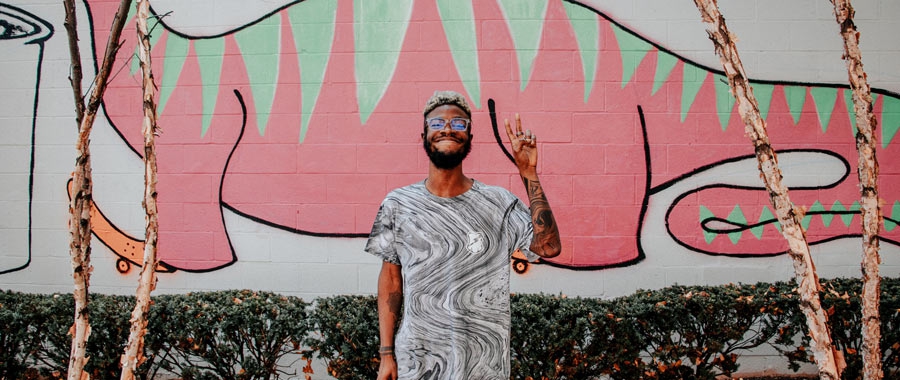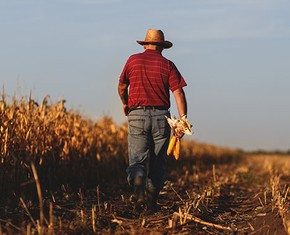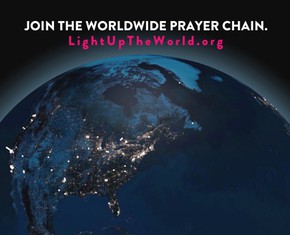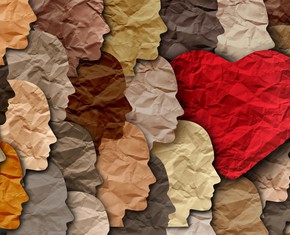The views expressed in our content reflect individual perspectives and do not represent the authoritative views of the Baha'i Faith.
The best place to start creating social justice is in your own community. We can each advocate for more justice in the wider world, but justice truly begins at home.
For example, if you are young, you might begin by learning to accompany groups of pre-youth (11–14 years old) to strengthen their characters and help them discover the satisfaction that comes from acts of service to the community.
Or perhaps you could organize a children’s class in your neighborhood to teach ethics and virtues to the next generation. The Baha’is have excellent training programs for both of these community-based social justice initiatives that have proven their worth around the world:
Let the teacher be a doctor to the character of the child, thus will he heal the spiritual ailments of the children of men.
If, in this momentous task, a mighty effort be exerted, the world of humanity will shine out with other adornings, and shed the fairest light. Then will this darksome place grow luminous, and this abode of earth turn into Heaven. – Abdu’l-Baha, Selections from the Writings of Abdu’l-Baha, p. 130.
Baha’is also have materials for study circles, appropriate for the whole community, that can build a common understanding and purpose and motivate people to become actors in their own community development. Also, devotional gatherings of those of all faiths and those of none can provide a spiritual foundation for community action.
A community that consciously builds a shared spirit of solidarity, that reflects on its progress and consults on the next steps forward, that respects everyone and leaves no one behind, is the best insurance against any of the many problems that may threaten society in the years ahead:
… love and good faith must so dominate the human heart that men will regard the stranger as a familiar friend, the malefactor as one of their own, the alien even as a loved one, the enemy as a companion dear and close. Who killeth them, him will they call a bestower of life; who turneth away from them, him will they regard as turning towards them; who denieth their message, him will they consider as one acknowledging its truth. The meaning is that they must treat all humankind even as they treat their sympathizers, their fellow-believers, their loved ones and familiar friends.
Should such a torch light up the world community, ye will find that the whole earth is sending forth a fragrance, that it hath become a delightsome paradise, and the face of it the image of high heaven. Then will the whole world be one native land, its diverse peoples one single kind, the nations of both east and west one household. – Ibid., p. 84.
Even if the larger problems of the world seem beyond solutions, this kind of direct, personal community action can go far to reach the peaks of social justice and open the way to the further challenges. In this immediate, localized way, person to person at the neighborhood or community level, you can start building the unity that the world so badly needs. You do not need any special talents, training or experience, but can learn as you go along.
This also helps provide a solution, at the most basic level, to the challenges that increasing migration now brings to the world. When newcomers arrive and people from different cultures and backgrounds need to learn to live together in harmony, what better way than by studying together about the principles of unity in diversity, sharing devotions across different faith traditions and consulting on the common needs of the community while building mutual understanding?
What profit is there in agreeing that universal friendship is good, and talking of the solidarity of the human race as a grand ideal? Unless these thoughts are translated into the world of action, they are useless.
The wrong in the world continues to exist just because people talk only of their ideals, and do not strive to put them into practice. If actions took the place of words, the world’s misery would very soon be changed into comfort. – Abdu’l-Baha, Paris Talks, p. 16.
If all the children learn and play together in neighborhood classes, and the junior youth organize projects of service to the community, regardless of their origins, then they help lay a permanent foundation for lasting unity in the community. This can generate a wonderful expression of social justice, wherever you live.
So, equipped with your new understanding of the power of social justice and with the tools of social action, you are now ready to go beyond the mountains of justice and enter the next valley on your journey of self-realization.
Arthur Lyon Dahl’s new book In Pursuit of Hope, A Guide for the Seeker, published by George Ronald Books, is available here.
















Comments
Sign in or create an account
Continue with Googleor